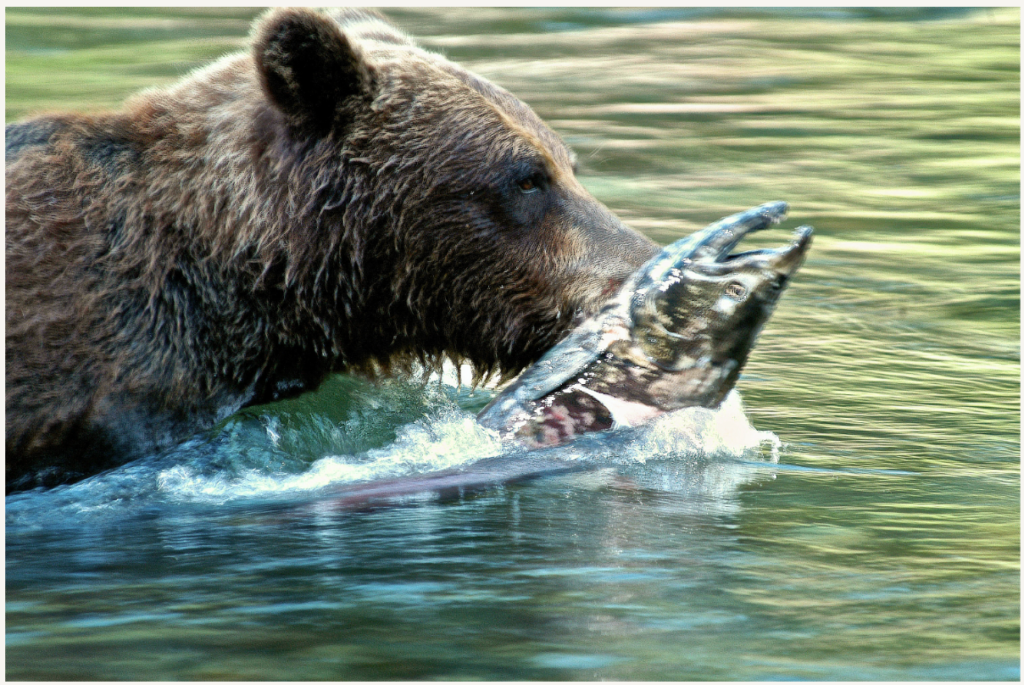Taku River Tlingit First Nation declare Taku watershed protected area


Following a series of community meetings, this week, the Tak’hu (Taku) River Tlingit First Nation (TRTFN) declared the Taku watershed an Indigenous protected and conserved area (IPCA) within their traditional territory.
The Taku watershed covers 1.8 million hectares and is the largest watershed on the Pacific coast of North America that is inaccessible by road. It contains five species of salmon and supports large mammal predator-prey relationships from the inland boreal forest and glacier-fed streams to coastal transition zones.
The Taku IPCA protects 60% of the Taku watershed, in hopes of preserving salmon rivers and spawning areas, and landscapes needed for wildlife, for clean water, and Lingít Kusteeyí (Tlingit way of living).
The remaining 40% of the Taku watershed is identified as specially managed landscapes which include areas with high mineral potential, where the Taku IPCA provides opportunities for clean mineral extraction and other uses that support a low carbon economy.
“Taku River Tlingit have a sacred relationship with our territory, reflected in the concept of Lingít Kusteeyí, which encompasses caring for all life. The declaration of the IPCA is an extension of this commitment to forever care for the fish, wildlife, waters, and all other life and spirits within Taku River Tlingit Territory,” said Jìnìk (Charmaine Thom), spokesperson for the Taku.
“The new IPCA establishes a fair, responsible and respectful framework for Indigenous leadership, reconciliation, economic certainty, environmental protection, climate resilience, and wild salmon conservation and restoration,” said Jìnìk.
Brixton Metals (TSXV:BBB; OTCQB:BBBXF) offered one of the first responses to the Taku First Nations declaration. The exploration company and the TRTFN have been working collaboratively since 2013.
“We are excited about the discussions with the TRTFN and are committed to working with the TRTFN to carry out our exploration programs on the Thorn project in a respectful, sustainable, and yet economically feasible manner,” said president and CEO Gary Thompson.
Brixton’s Camp Creek and Trapper discoveries are within the specially managed landscapes and the company says that it will operate the resource projects based on best practices.
To learn more about the declaration, visit www.TRTFN.com, and to learn more about Brixton, visit www.BrixtonMetals.com.
Comments